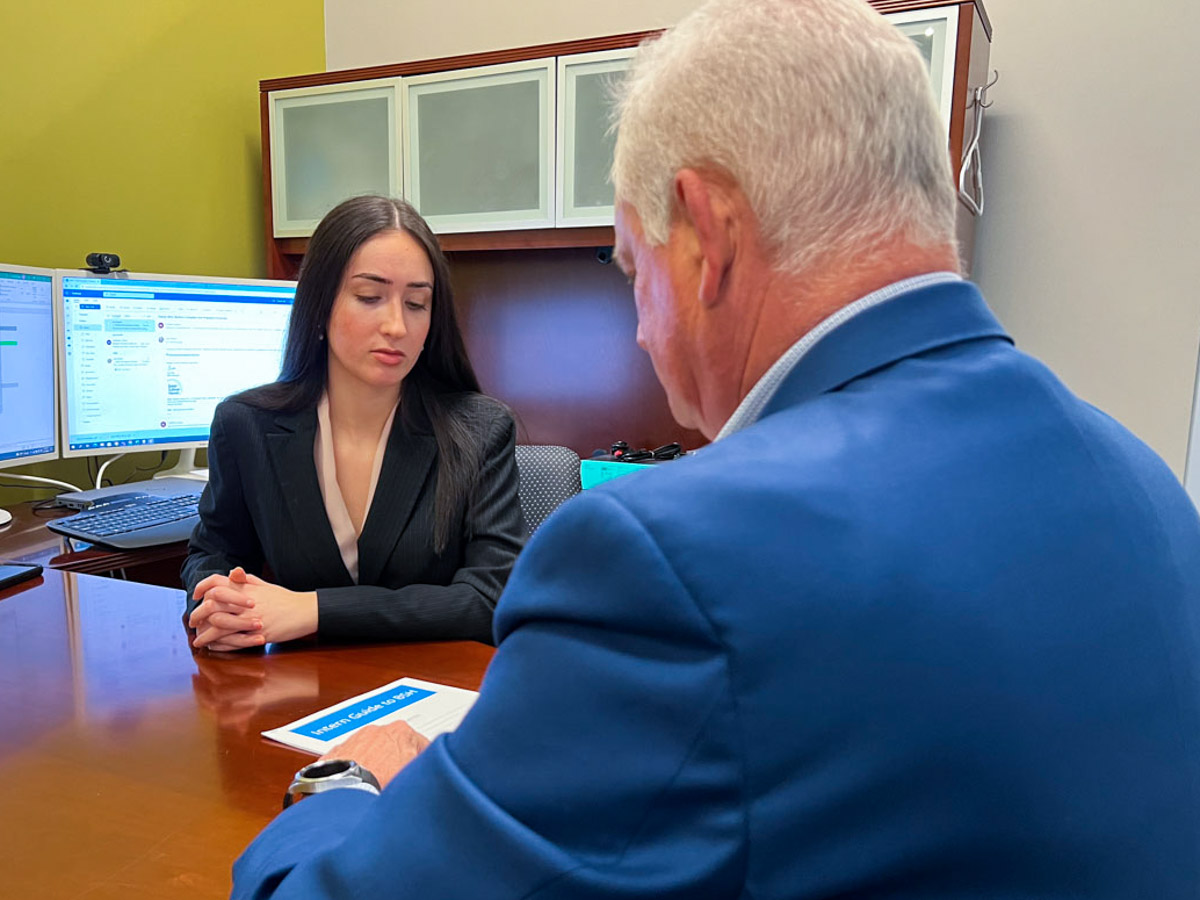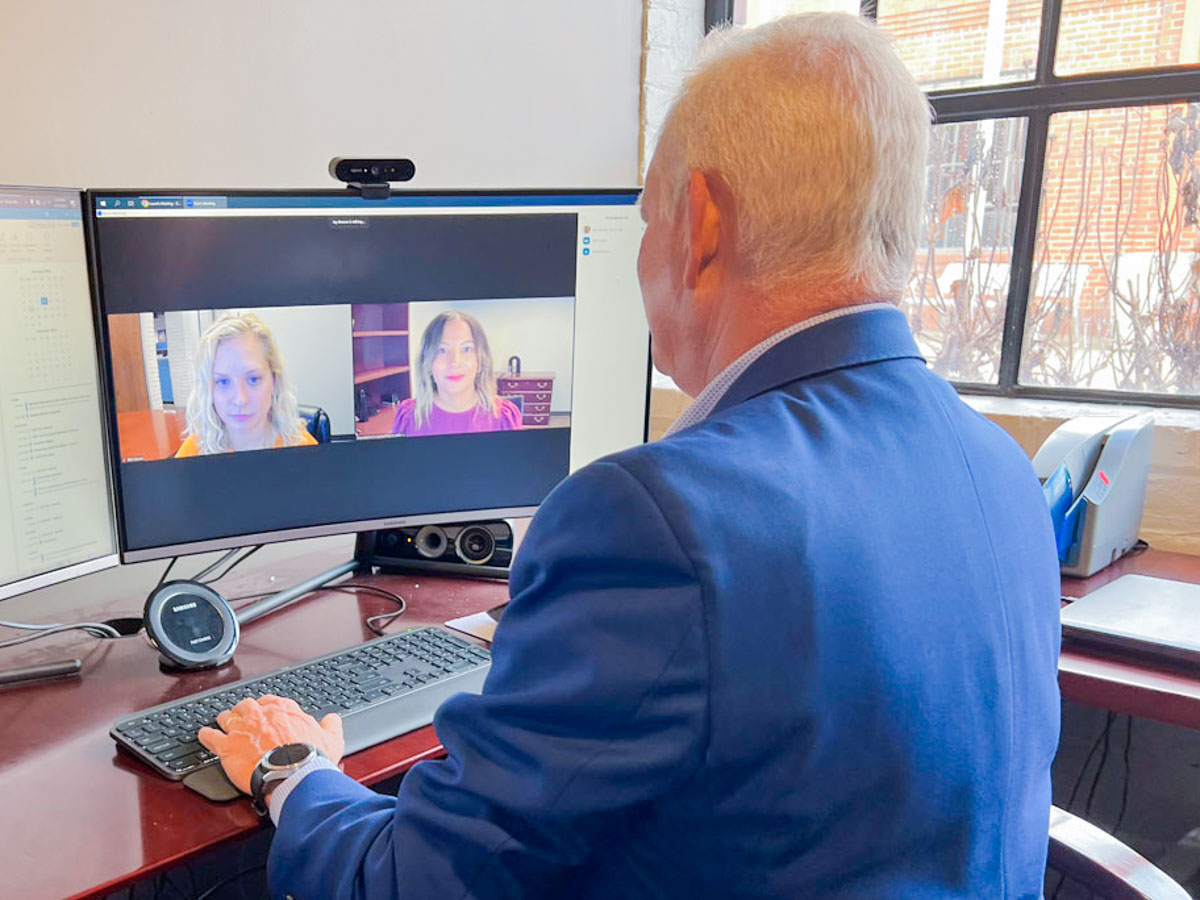Personal Taxes
We don’t just calculate,
we also mitigate
We believe the most important tax deadline of the year is December 31, not April 15.
When you wait until the last minute, there is only so much a CPA can do for you.
To manage your tax liability, it’s essential to know where you stand before the end of the year. Our tax planning services eliminate any unpleasant surprises, providing a systematic analysis of various tax options to minimize your tax liability both now and in the future.


Cutting-edge tax updates
We also commit substantial resources to research, compliance software and planning tools so we can provide you with regular updates on new and pending laws and other issues.
Compliance Services
- Business and Personal Taxes
- Federal, state and local income tax returns
- Estimated tax payments
- Protected branches
- Personal property tax returns
- Audit representation
- Planning services
Year-End Tax Planning
- Federal and state tax planning
- Transaction planning
- Retirement plans
- Research related to complex tax matters
